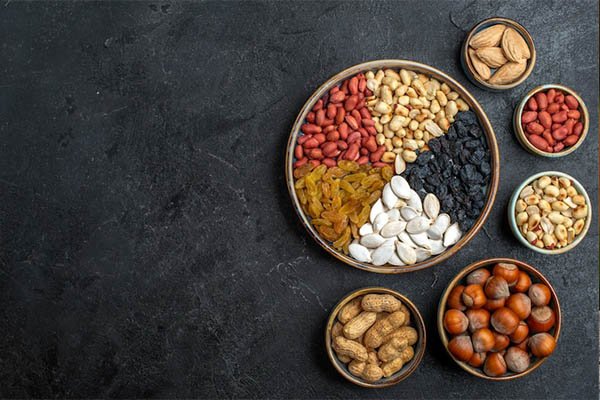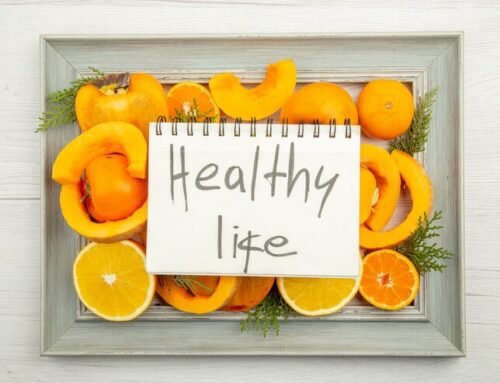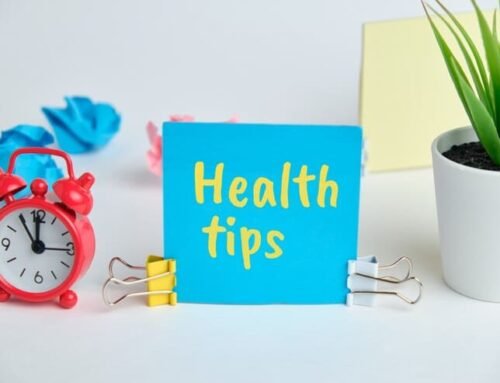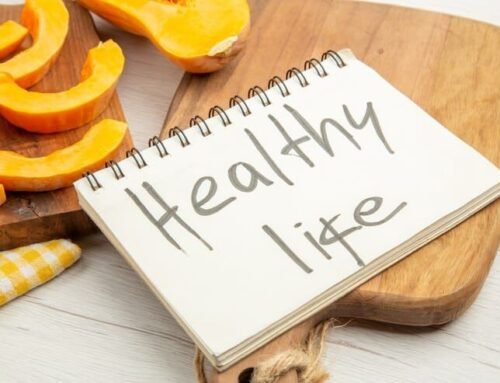High blood pressure increases your risk for many other diseases, so maintaining a balanced diet is an integral component of managing hypertension. Making lifestyle adjustments and selecting foods high in fruits, vegetables and whole grains are proven ways to lower blood pressure; here are some foods which may help you manage it when it occurs.
1) Oats And Grain Products

High Blood Pressure Oats and wheat products contain high concentrations of soluble fibre, which has been found to significantly decrease blood pressure. Oats also offer a great source of low-cost protein essential for heart health. You can incorporate oatmeal or oatcakes into your daily diet in various forms: such as breakfast oatmeal or with lunch. You may also try barley, rye and wholemeal bread varieties!
2) Dark, Leafy Greens

Leafy greens such as spinach, Swiss chard and kale contain low calories but are packed with essential nutrients that may help lower blood pressure. Some research indicates that calcium may play a part in this; other potential contributing factors could include fiber, magnesium and vitamins C and E. Integrating green vegetables into your regular diet is one simple way to benefit your health; try including them in salads, steaming them or serving them stir fried with garlic for best results.
3) Vegetables

Vegetables contain high levels of fibre and minerals that help the body eliminate toxins, making blood pressure less likely to spike. Vegetables also offer low-calorie nutrition that may help decrease your blood pressure; plus they’re rich in antioxidants. Make vegetables the center of your meals. Adding salad is an easy way to incorporate more veggies – just mix tomatoes, lettuce, carrots, olives, onions and peppers as ingredients into a single salad for variety each week!
4) Berries

Blueberries and strawberries are delicious but also nutritional powerhouses! Packed full of antioxidants that help lower risk for heart disease – something especially helpful if you have high blood pressure. You can easily incorporate berries into your daily diet; add them to breakfast, mid-afternoon snacks or serve them at dinner time as part of a salad or oatmeal dish!
5) Nuts And Beans

Nuts and legumes provide many of the nutrients essential for good heart health, such as protein and magnesium, that helps reduce blood pressure. Nuts are easy to add into your daily diet. From snacks or breakfast additions, to salad toppings or creating homemade trail mixes – nuts make for a nutritious addition that you can incorporate easily. Beans provide even more magnesium and fibre sources – they make for delicious additions in salads, soups and stews, or try adding some into homemade chili for even more nutrition!
6) Fish

Fish is not only an excellent protein source but also an abundant source of vitamin D, which has been proven to lower blood pressure. Mackerel, salmon, sardines and herring are excellent choices if you have high blood pressure – these low calorie species contain essential omega acids for heart health. You can incorporate more fish into your diet through simple ways like having salad with fish for lunch or enjoying salmon alongside baked potatoes at dinnertime; creating fish cakes or patties out of mashed potato and chopped vegetables are other ideas you could try as well!
7) Other Natural Remedies

Nuts: Nuts are among the best plant-based sources when it comes to managing blood pressure, particularly walnuts which contain omega-3 acids that improve blood flow and help lower pressure. Olive oil also boasts monounsaturates which can help lower pressure. Olive oil’s antioxidant-rich makeup may be helpful for this, along with carrots which contain both vitamins A and beta carotene – two nutrients proven to lower blood pressure; Carrots can also benefit from being high in vitamin A while being rich in beta carotene – as can garlic with its antioxidant-rich properties helping blood pressure; Blueberries contain anthocyanin’s which help lower pressure; cherries possessing this property also.
Also refer to : 5 Health Benefits of Sugarcane Juice
Conclusion
High blood pressure is a serious condition and must be managed effectively. You should undergo regular blood pressure checks to monitor its increase. Furthermore, making healthy lifestyle choices like eating a balanced diet will help your blood pressure remain under control. Incorporating more fruits, vegetables, and grain products into your diet may also be effective ways to bring down its level.








Leave A Comment